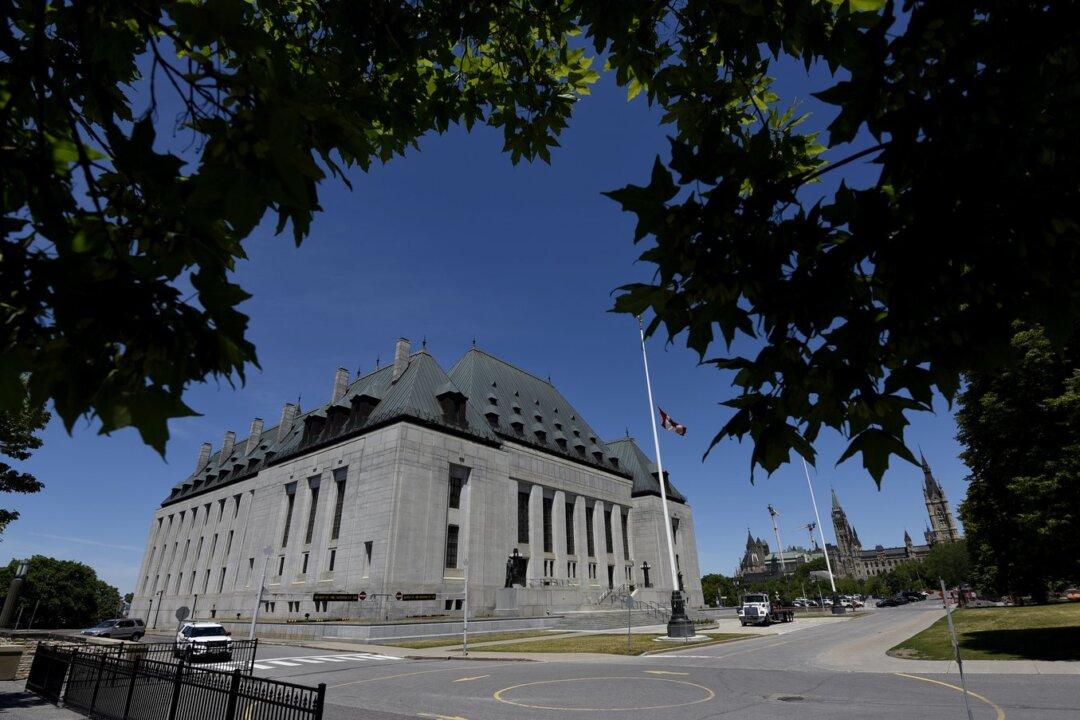Applications for the justice of the Supreme Court of Canada vacancy closed on July 21, and an advisory board will now narrow down to a shortlist of applicants for the prime minister’s consideration.
The pool has already been narrowed by directives from the Liberal government to ensure the applicant is not only a high-calibre jurist from either Western or Northern Canada, but also “functionally bilingual, and representative of the diversity of our country.”





